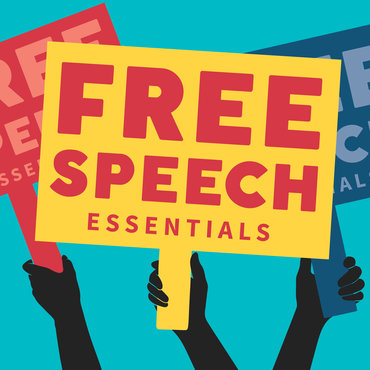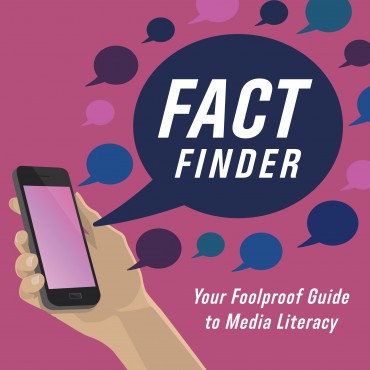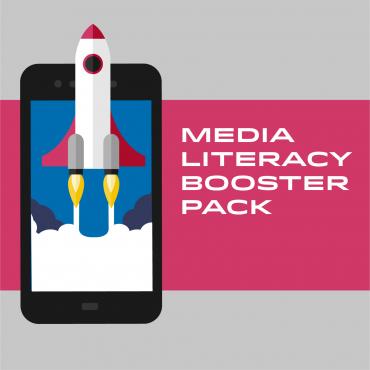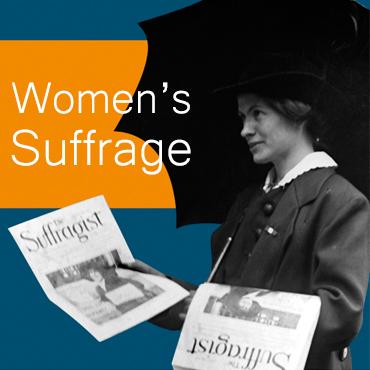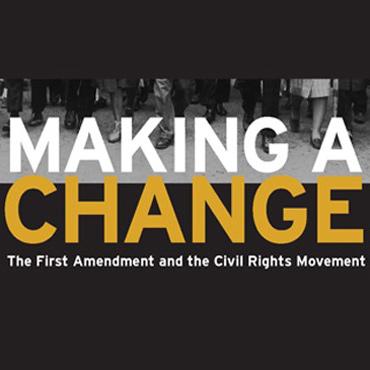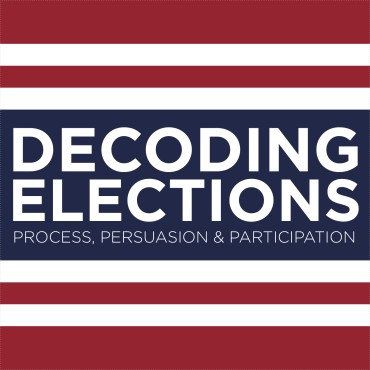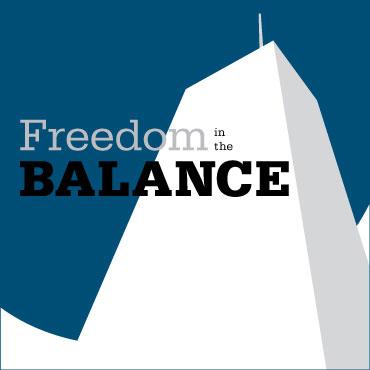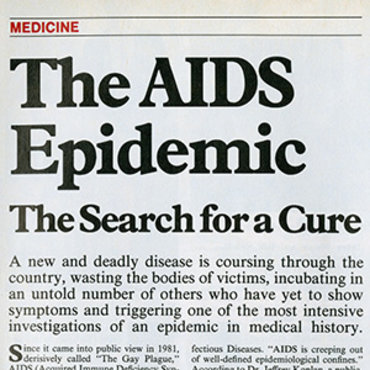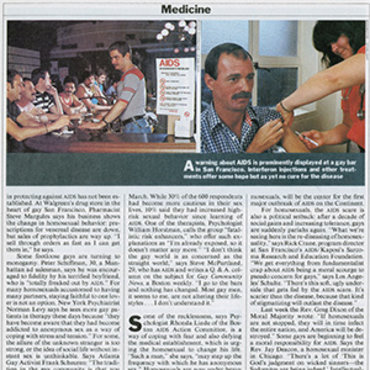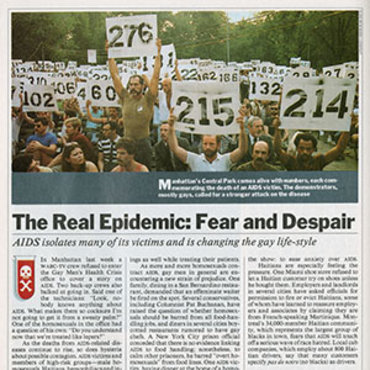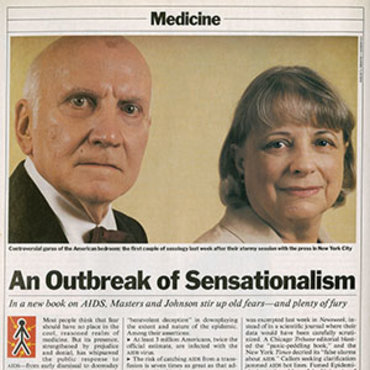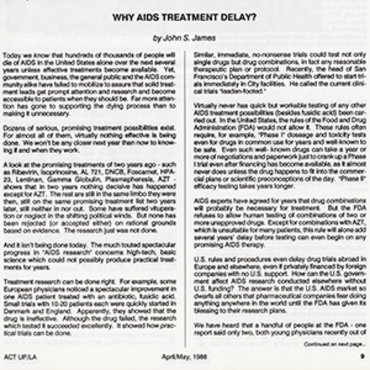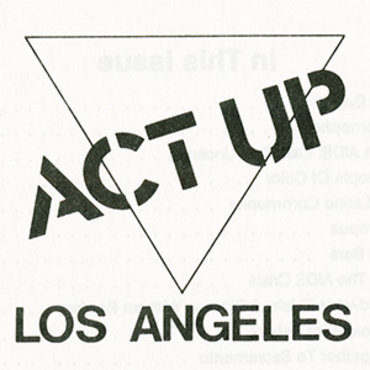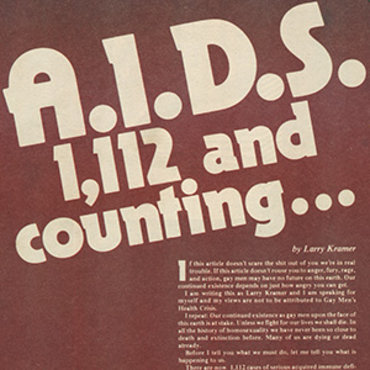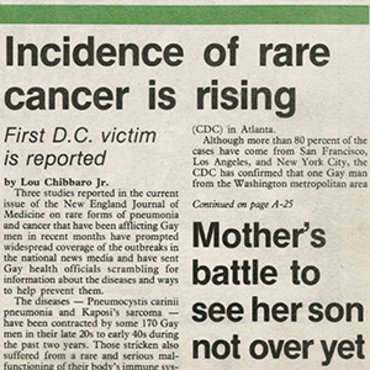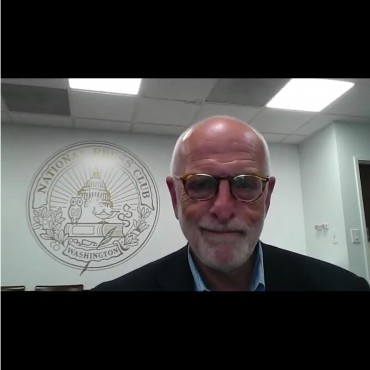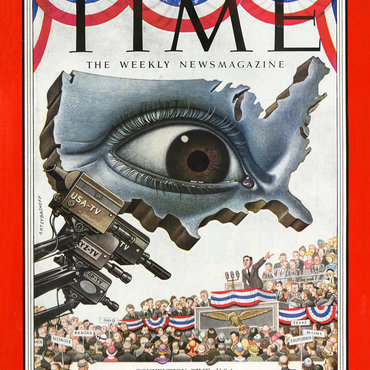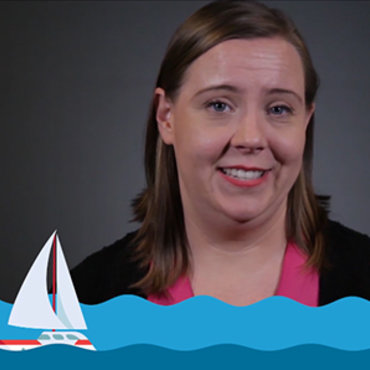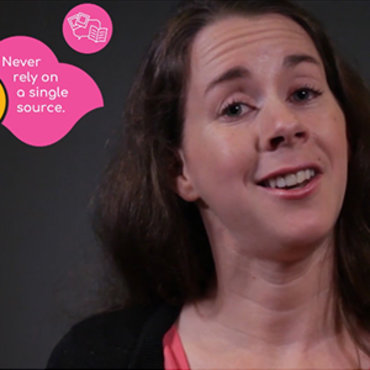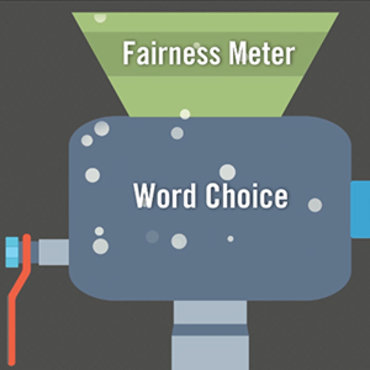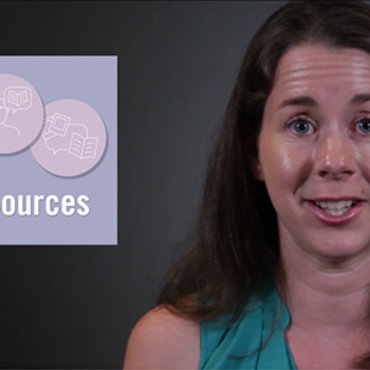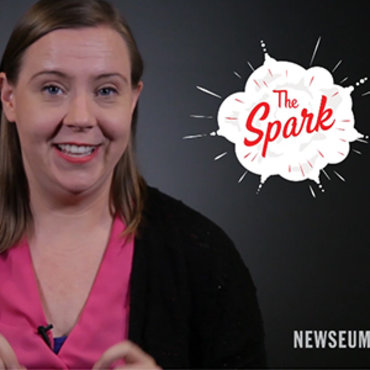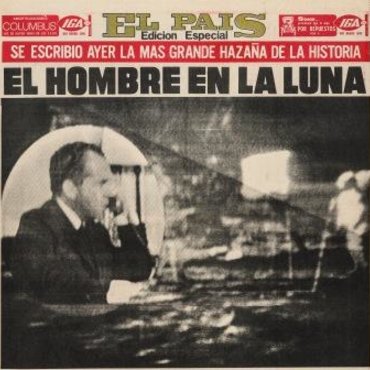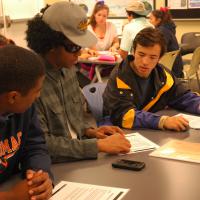
What Would You Do? Media Ethics Scenarios
This activity helps students apply journalism standards of accuracy, fairness and clarity in deciding how to report the news.
Get even more great free content!
This content contains copyrighted material that requires a free NewseumED account.
Registration is fast, easy, and comes with 100% free access to our vast collection of videos, artifacts, interactive content, and more.
NewseumED is provided as a free educational resource and contains copyrighted material. Registration is required for full access. Signing up is simple and free.
With a free NewseumED account, you can:
- Watch timely and informative videos
- Access expertly crafted lesson plans
- Download an array of classroom resources
- and much more!
- Journalism
- Media Ethics
- 6-12
1. Tell students: Journalists strive to be accurate, fair and clear in their reporting. News organizations and professional groups have codes to guide ethical behavior.
- Note: If time and desired, go over the Society of Professional Journalists Code of Ethics.
2. Individually or in small groups, have students read each scenario on the worksheet and answer the questions. How would they handle the situation if they were editors of their school newspaper?
- Media Ethics Scenarios worksheet (download), one per student or small group
- Scenarios teacher key (download)
- Society of Professional Journalists Code of Ethics (optional, download)
Have students or groups share their decisions and reasoning. Use the answer key to help guide the discussion.
- Are there disagreements? If so, why?
- What specific standards guided their decisions?
- Did personal and professional ethics clash in any of their decisions?
-
Common Core State Standards: CCSS.ELA-LITERACY.CCRA.SL.1
Prepare for and participate effectively in a range of conversations and collaborations with diverse partners, building on others' ideas and expressing their own clearly and persuasively.
-
National Council of Teachers of English: NCTE.12
Students use spoken, written, and visual language to accomplish their own purposes (e.g., for learning, enjoyment, persuasion, and the exchange of information).
